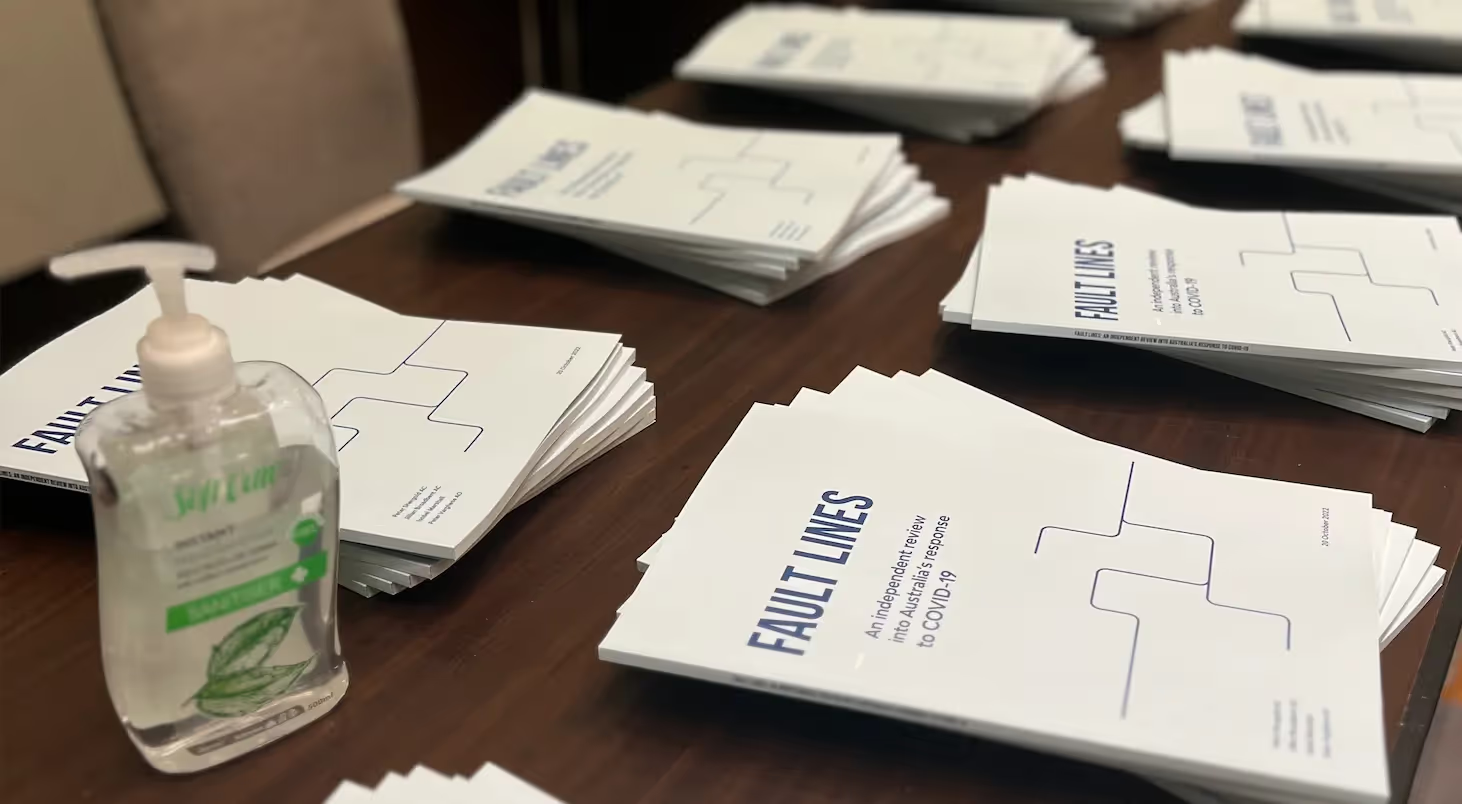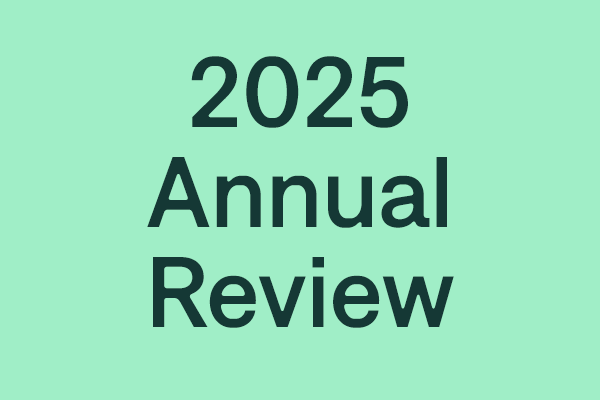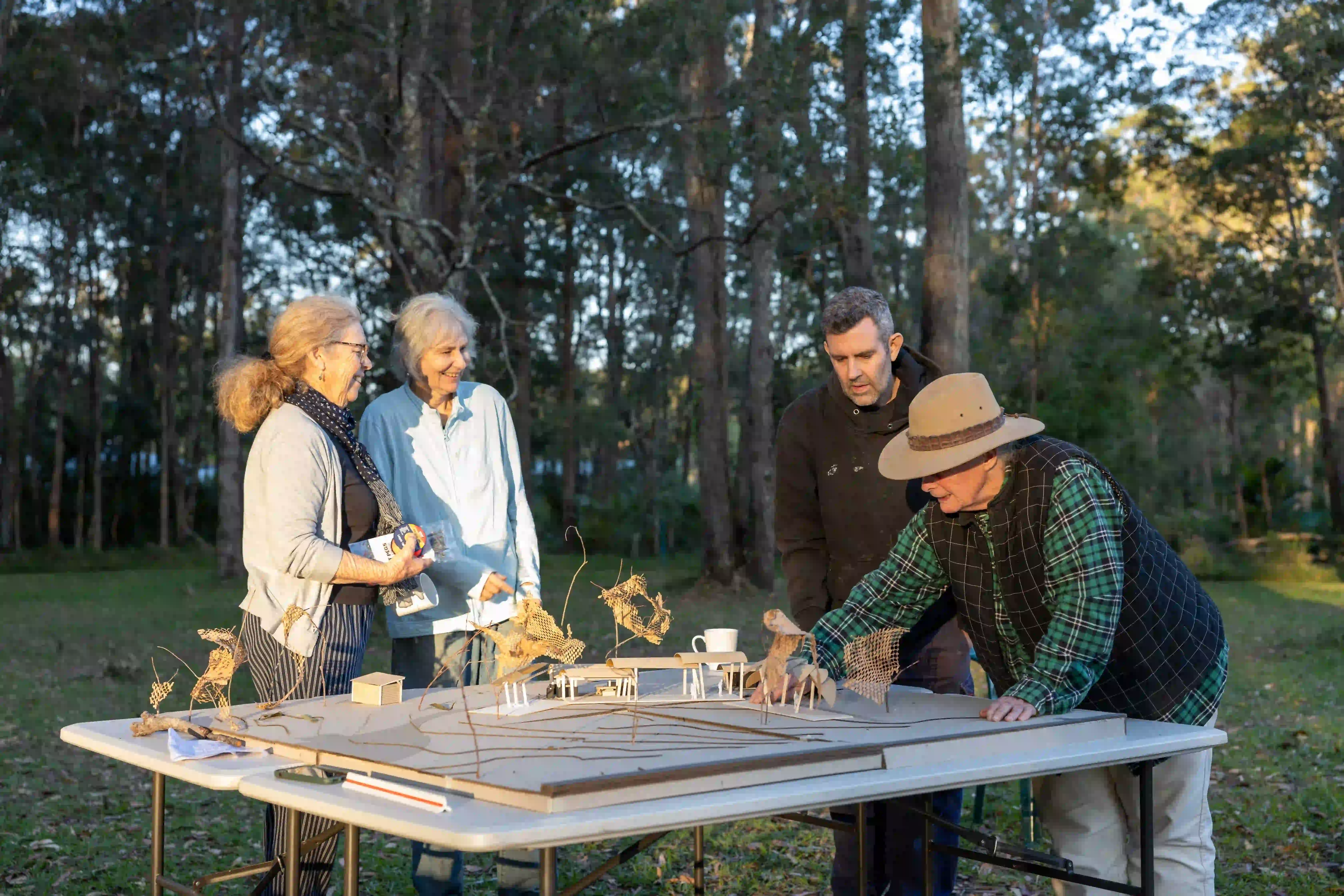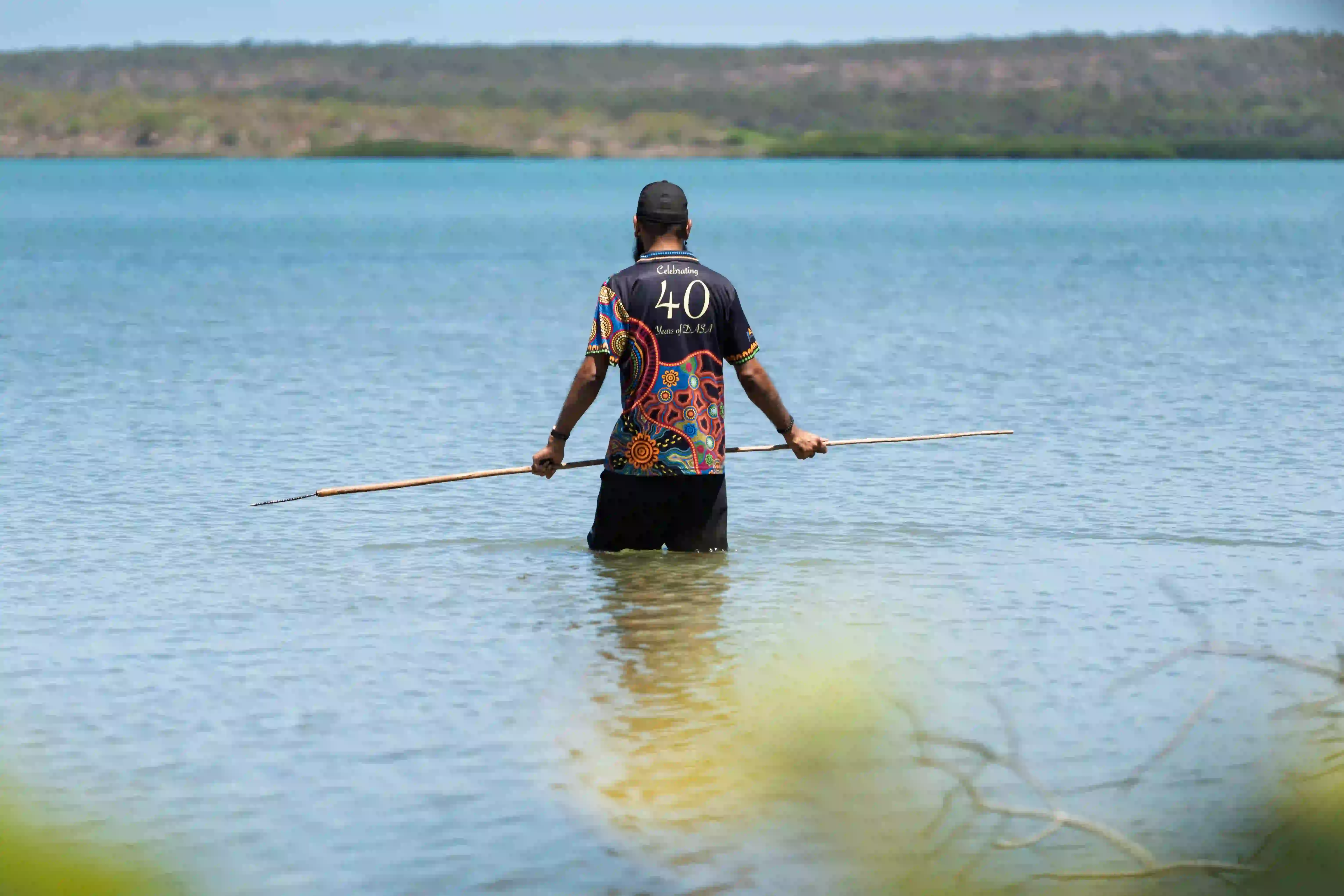Fault lines are fractures between rocks that can cause enormous devastation for people and communities. “Fault lines” are therefore an apt metaphor for deep inequities in society. This is the metaphor used by the Independent COVID Review which finds that societal “fault lines” were there before the pandemic and worsened as the crisis hit and continued.
The Paul Ramsay Foundation, Minderoo and the John & Myriam Wylie Foundation funded this review to ensure a rapid-yet-rigorous independent report into the nation’s handling of the crisis that unfolded around the COVID-19 pandemic.
An independent panel, led by Professor Peter Shergold, contemplated the core question: “What can Australia learn from the COVID-19 pandemic to be better prepared for the next health crisis?”.
While the Review was written with the benefit of hindsight, it is wholly forward-looking. It aims to understand the context in which decisions were made and to articulate what could be done differently when we face another such crisis.
Most crucially, from PRF’s perspective, the Review demonstrates that the “fault lines” that were there before the pandemic deepened and worsened when the crisis hit. Indeed, the first of “five overarching lessons” is to “have societal fault lines front of mind”:
“Policies were too often designed and implemented without proper regard for the inequalities in our society and the vulnerabilities of key communities. All governments should consider issues of fairness when they make policy. But at a minimum, we need to recognise the existence of disadvantage in our responses to crises… People experiencing social inequalities or particular vulnerabilities in our community suffered unnecessarily. They paid a higher cost. Much of this could have been avoided if planning had considered inequities from the outset.”
Australians who live in areas in the bottom 20 per cent by socio-economic status (SES) were three times as likely to die of COVID-19 than those in areas in the top 20 per cent. A staggering statistic for a country that prides itself on giving everyone a “fair go”.
The report finds that one area where “we should have done better” is providing economic supports “fairly and equitably”. The Review calls out that temporary migrants, short term casuals, workers without sick leave entitlements and young people were the worst affected groups economically.
On the upside, there were unparalleled government policy responses which increased social support and protected some people from the worst economic impacts of the crisis, and in many cases, temporarily helped people out of poverty. Supporting greater access to early childhood education also had huge positive impacts.
The Review describes the pandemic as “a story of the Australian community stepping up when needed”: “Businesses, charities, community groups and religious organisations worked together to address the gaps that governments couldn’t or wouldn’t fill.” This led to one of the recommendations to “better harness the frontline experience of business, unions, the community sector and local government in crisis planning and response”.
A longer term commitment to addressing disadvantage is critical to building our national resilience and preparing effectively for future crises. A more equitable society is fundamentally a more resilient one. If policymakers recognise both the successes and missteps of our COVID-19 response, we will be better prepared for future shocks and will be a better society for it.
Hindsight offers us a gift of reflection and learning and the potential to apply the lessons. This isn’t about who is to blame for the “fault lines”, but rather about recognising that these fault lines exist, that we have a responsibility to address them and that we need to “have societal fault lines front of mind” in future crises. The lessons in this Review will hopefully influence hearts, minds and actions to build a stronger society into the future. One in which all people and communities have equitable opportunity not just to survive, but to thrive.











